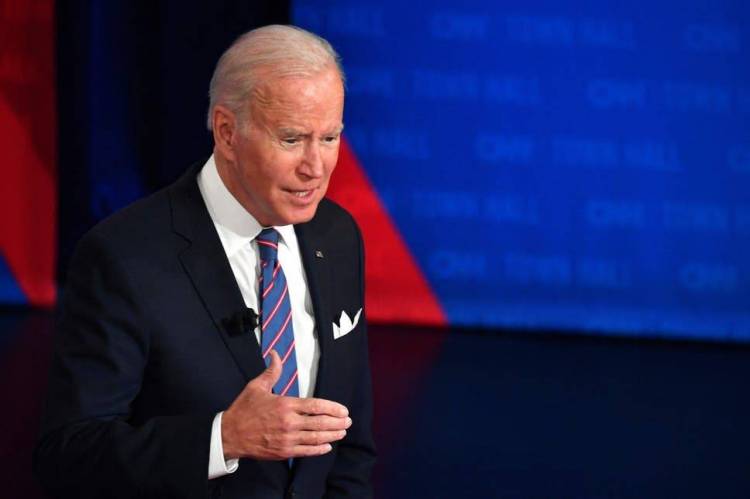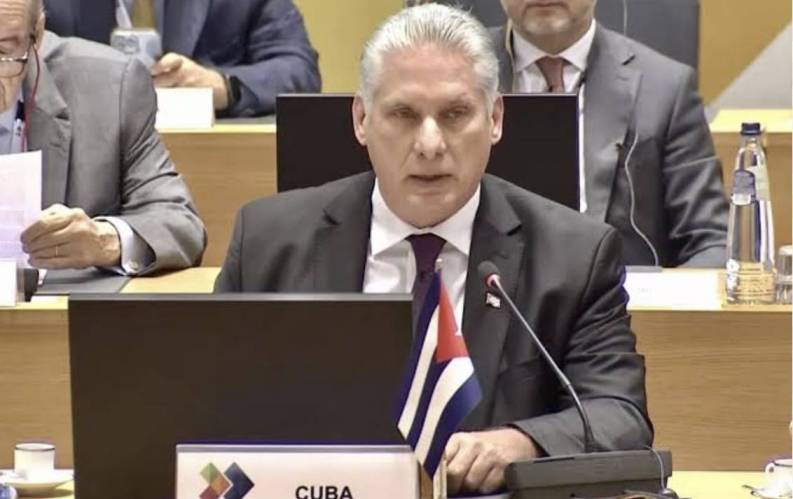Latin America And The Caribbean Institutions To Receive Grants To Support The Elimination Of Communi

Six institutions from Argentina, Brazil, Haiti, México and Perú will receive research grants for topics related to Tuberculosis and other opportunistic infections in advanced HIV, sexually transmitted infections, and Human T cell lymphotropic virus (HTLV-1), which may cause a type of cancer.
These grants of around 30,000 dollars are provided as part of the “Operational research to support the elimination of communicable diseases in the Latin American and Caribbean region” initiative of the Pan-American Health Organization (PAHO) and TDR (the Special Programme for Research and Training in Tropical Diseases of UNICEF, the United Nations Development Program (UNDP), the World Bank and the World Health Organization (WHO)).
“Operations research is key to generating evidence and information that allows progress towards eliminating diseases in Latin America and the Caribbean,” said Dr. Massimo Ghidinelli, interim Director of Communicable Diseases and Environmental Determinants of Health at PAHO. “Grants for these investigations will expand our knowledge and strengthen public health response,” he said.
“We are very pleased to see these very promising projects being identified. We are confident that working with PAHO and the grantees, we will have results from this work to support the elimination initiative in the Latin America and Caribbean Region”, said Dr. Garry Aslanyan, Manager of Partnerships and Governance at TDR.
Around 2.5 million people living with HIV in Latin America and the Caribbean. It is estimated that, in the region, 291,000 people contracted tuberculosis in 2020, 10% of whom were living with HIV. Sexually transmitted infections (STIs), which are easily curable, affect approximately 38 million people between the ages of 15 and 49 in the region, according to the latest WHO estimates. Meanwhile, it is estimated that between 5 and 10 million people are infected with HTLV-1 worldwide.






0 Comment